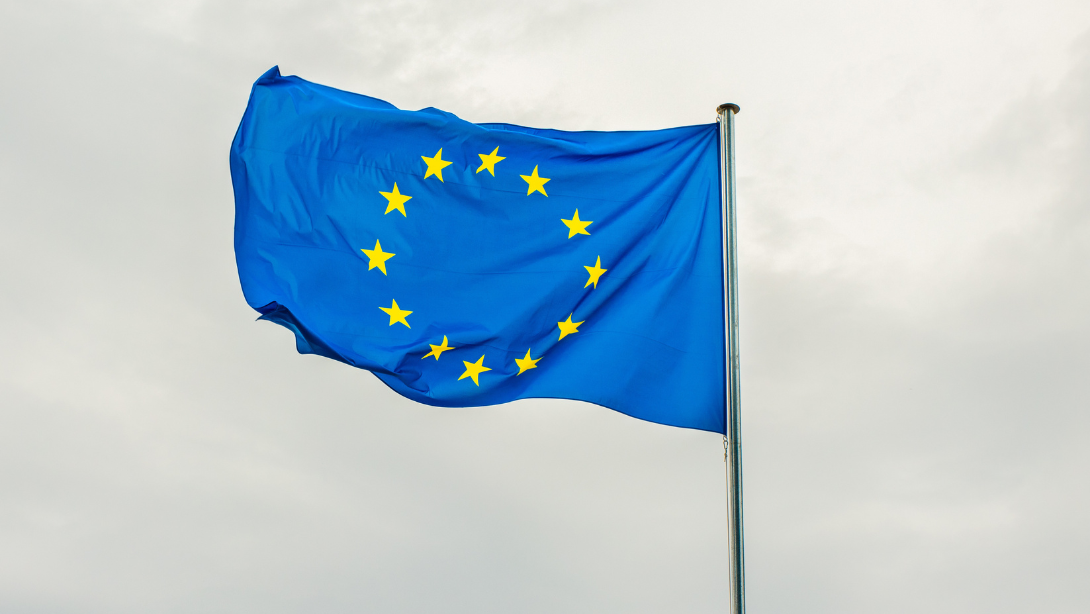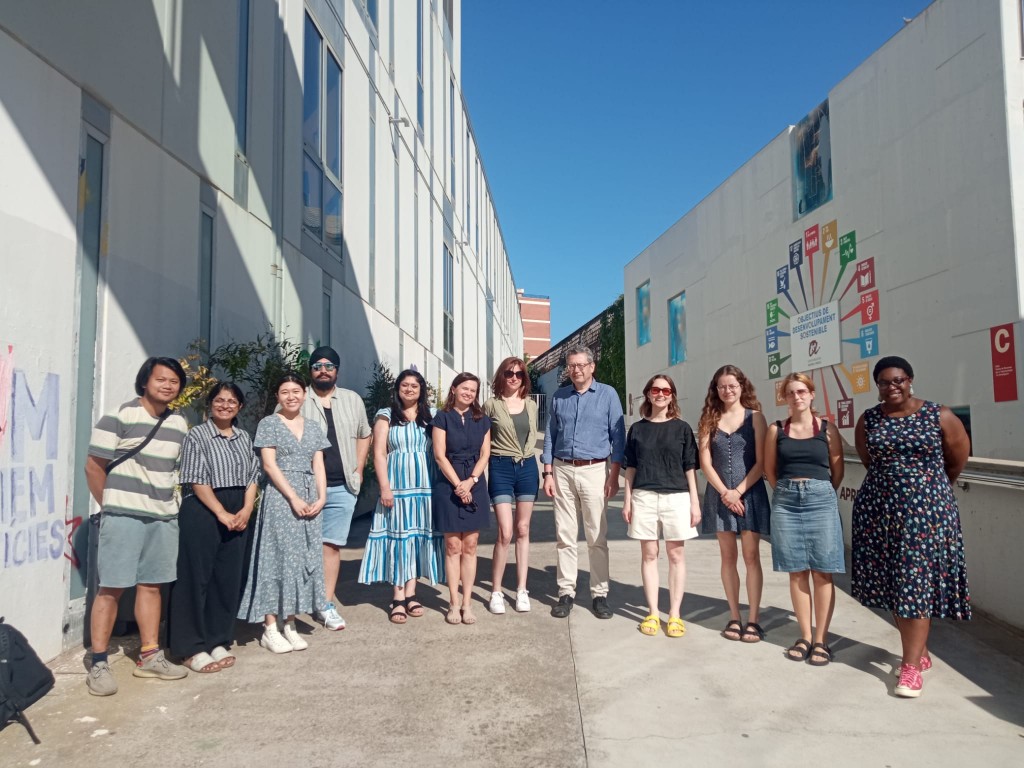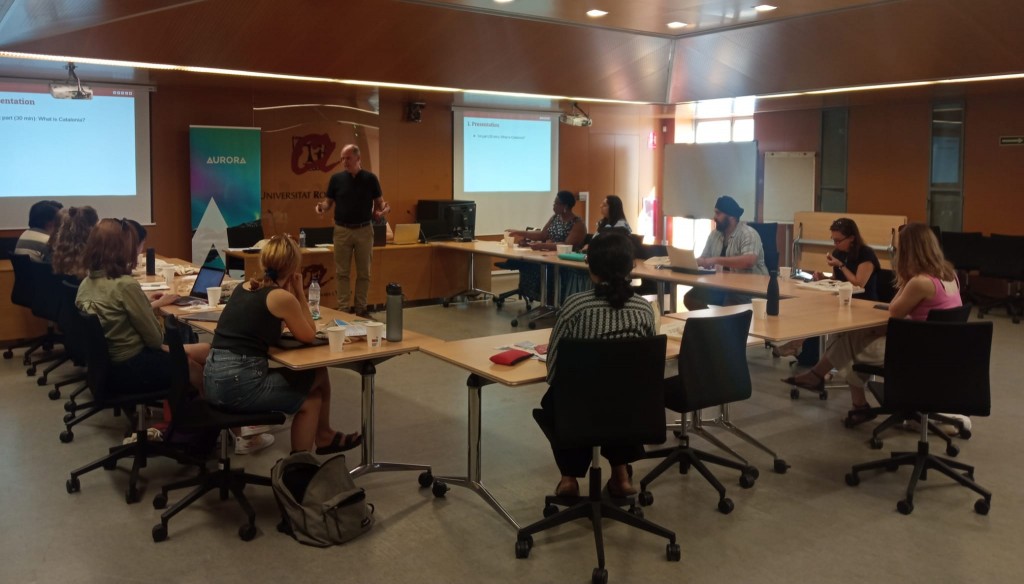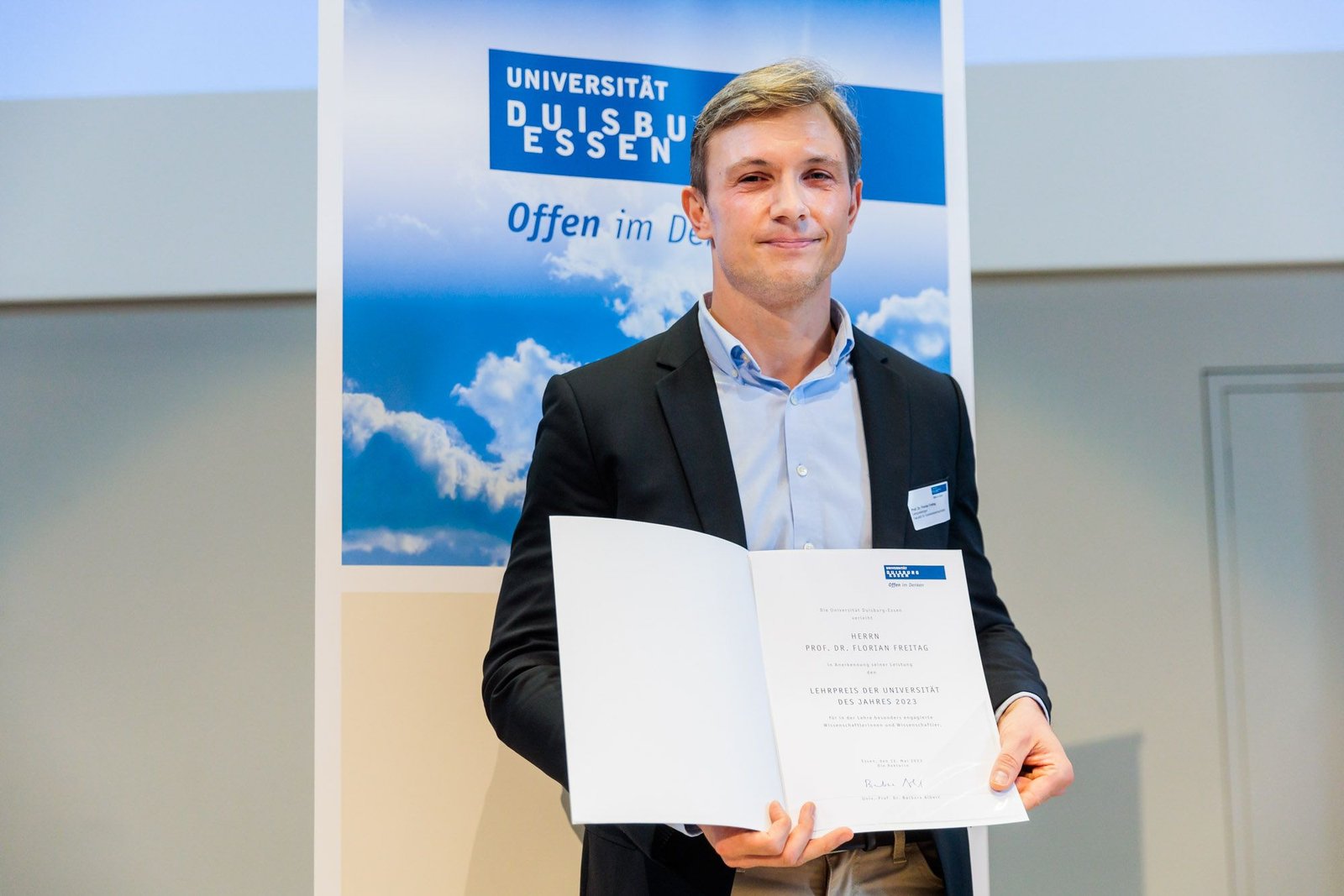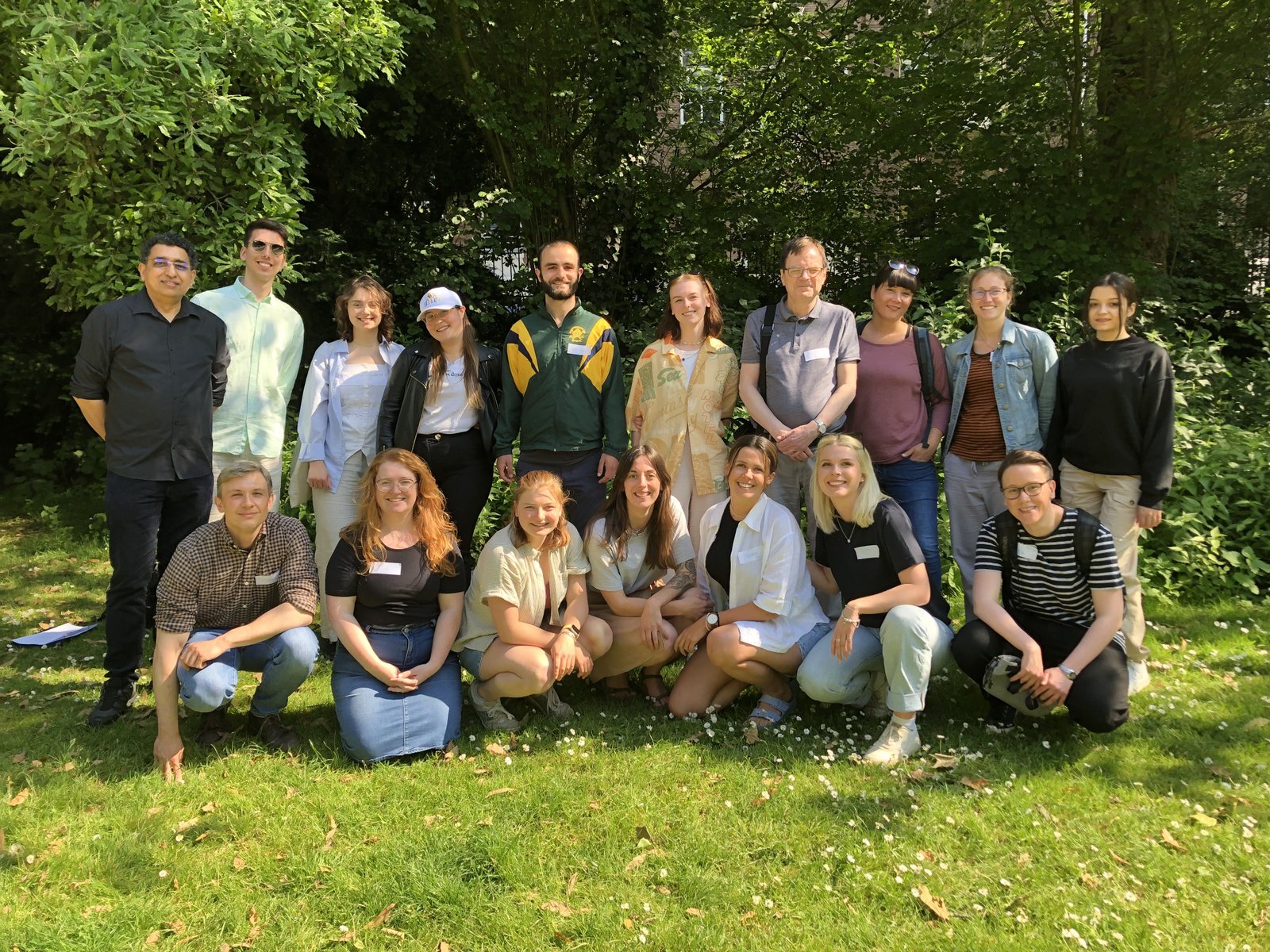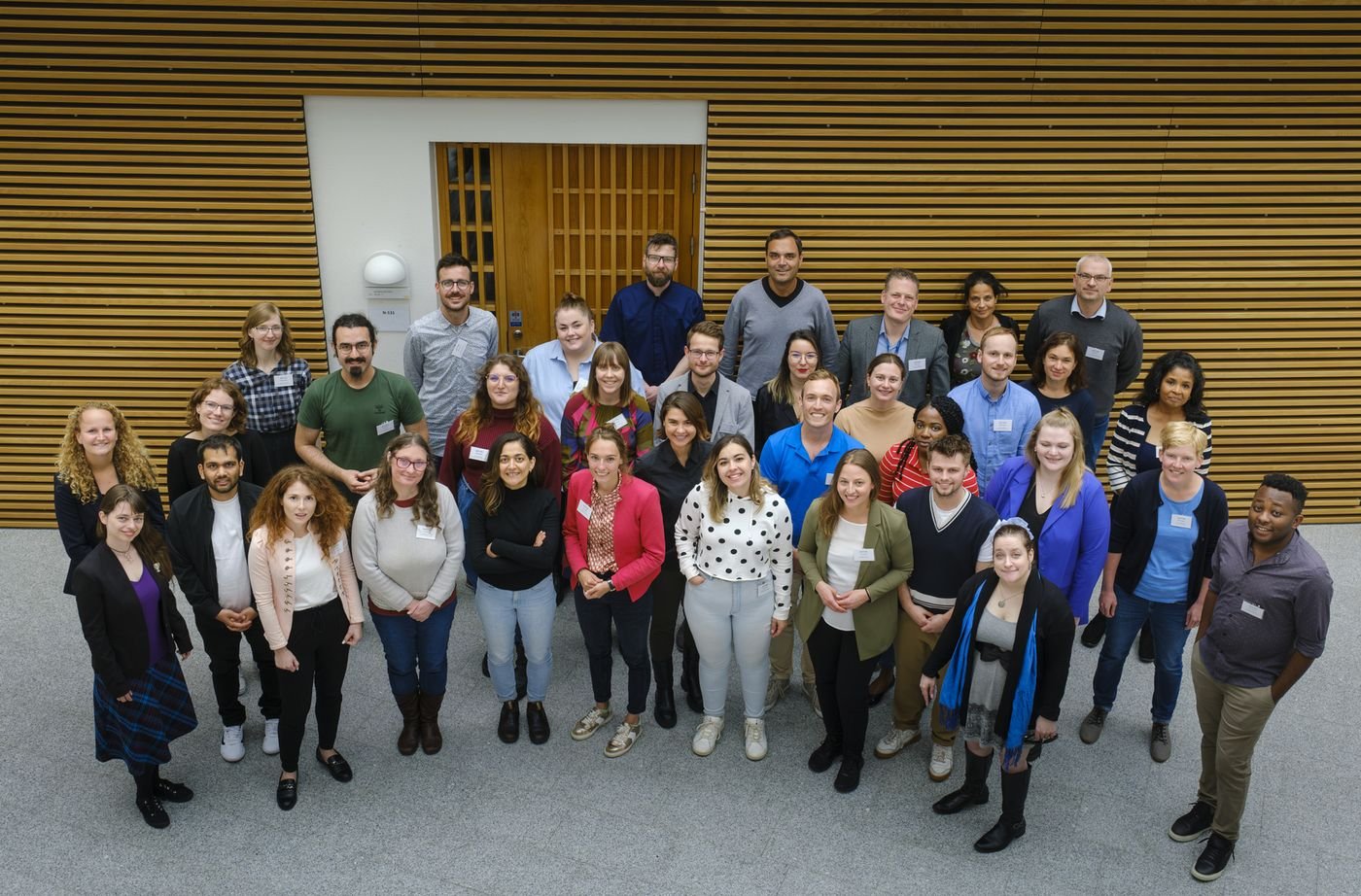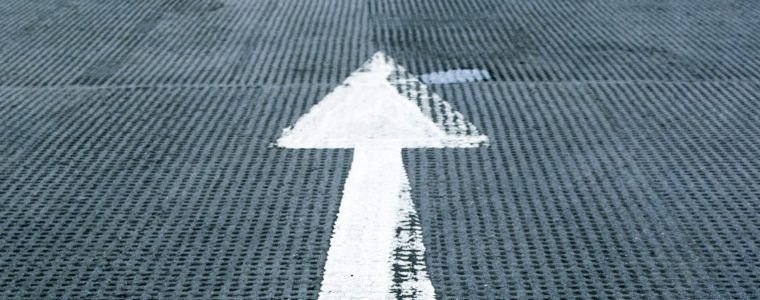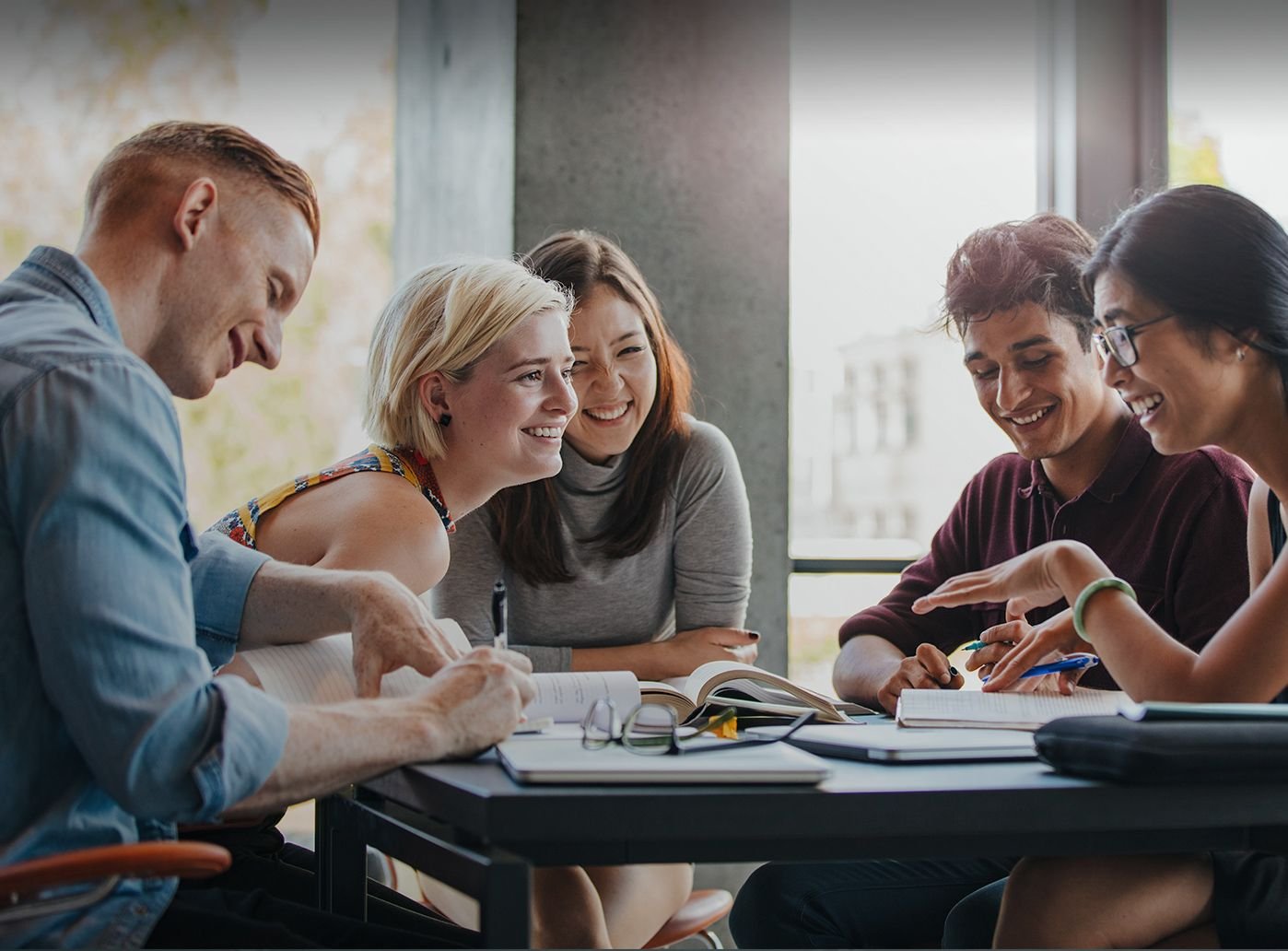Aurora is delighted to announce that its European University programme has secured a second round of funding under the 2023 European Universities Initiative Call by the European Commission. This ensures that Aurora can deepen its existing cooperation and continue its mission in higher education transformation.
The upcoming Aurora 2030 consortium, led by the University of Iceland, has been granted a substantial fund of 14.4 million Euros for a four-year period. This programme, which received 90/100 evaluative points from the Commission, builds on the significant progress made during the 2020-2023 pilot phase. Aurora President Jon Atli Benediktsson joyously shares:
“I am delighted that Aurora 2030 has been awarded a four-year continuation grant by the European Commission. This is a strong vote of confidence in Aurora’s mission to equip students with the skills and mindsets needed to address societal challenges. This new grant will allow us to continue working closely with our partners across Europe and beyond.”
In this renewed commitment, Aurora’s focus will narrow down to four priority areas, each carefully selected with the intention of driving meaningful societal transformations through its students, staff, academics, and communities at large:
- Aurora Teaching and Learning for Societal Impact
In the first priority area, Aurora will work on teaching, research, and social entrepreneurship, generating synergies and interdisciplinary programs to tackle societal challenges and foster growth in its collective communities– well-aligned with the European strategy for universities. Aurora’s objective is to refine the educational experiences further, focusing on societal necessities and the enhancement of student competencies. We believe in a student-centred and comprehensive method emphasising internationalisation practices to prepare students for a globally diverse integrated world.
- Aurora Excellent Challenge-based Research and Innovation
In the second priority area, Aurora aims to cultivate an environment conducive to academic collaboration and build a strong community focusing on supporting early-career individuals. As a consortium of research-intensive universities with significant societal influence, we will promote diversity and inclusion by extending opportunities to academics from underprivileged backgrounds. The alliance’s research support services will act as a catalyst for fostering cooperation, talent development, and facilitating knowledge exchange.
- Aurora Collaboration and Engagement through Inclusive Communities
In the third priority area, Aurora 2030 will continue and strengthen our connection with partners across and beyond Europe, aiming to reduce research disparities and to learn from each other. Aurora 2030 will focus on outreach initiatives in Central and Eastern Europe while also creating new global relationships with a diverse array of stakeholders.
- Aurora Sustainability Pioneers
In the fourth and final priority area, sustainability will continue to remain at the heart of our mission. Aurora aims to set new sustainability benchmarks through education, research, and collaboration, in line with the EU 2030 Agenda and on the United Nations Sustainable Development Goals. Aiming to reduce the carbon footprints of our universities, Aurora is committed to fostering sustainable practice across its campuses, including measures focusing on Sustainable Campus and footprint reduction.
About Aurora
The Aurora 2030 consortium comprises the University of Iceland (UI), Vrije Universiteit Amsterdam (VUA), University of Innsbruck (UIBK), University of Duisburg-Essen (UDE), Copenhagen Business School (CBS), Palacký University Olomouc (UP), Universitat Rovira i Virgili (URV), Université Paris Est Creteil (UPEC), and the University of Napoli Federico II (UNINA) as well as seven associated academic and non-academic partners including University of East Anglia (UEA), South-West University “Neofit Rilski” (SWUNR), Pavol Jozef Šafárik University in Košice (UPJSK), the University of Tetova (UT), Kharkiv National University, European Forum Alpbach, Information Centre on Academic Mobility and Equivalence (CIMEA) who together span 13 countries.
From 2020 to 2023, Aurora was one of the 24 European University Alliances funded under the Erasmus+ programme in the 2nd Call. Quoting from the assessment of our Mid-Term-Report:
“This alliance has made remarkable progress and can serve as a model of what is possible to achieve as an alliance. The alliance has delivered exceptional results with significant immediate or potential impact”.
Aurora offers ample opportunities for students, staff, and academics to partake in inclusive university communities.
